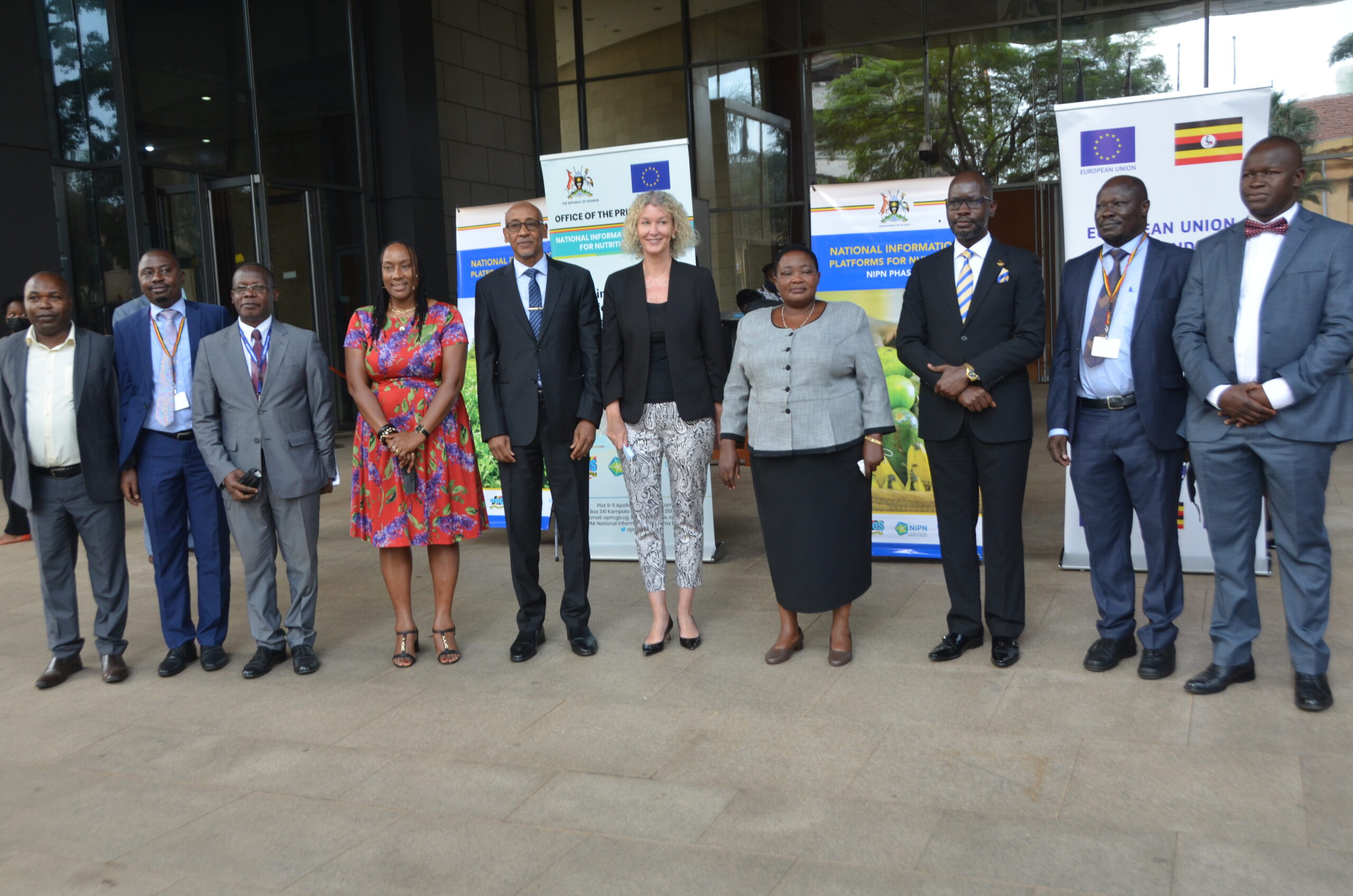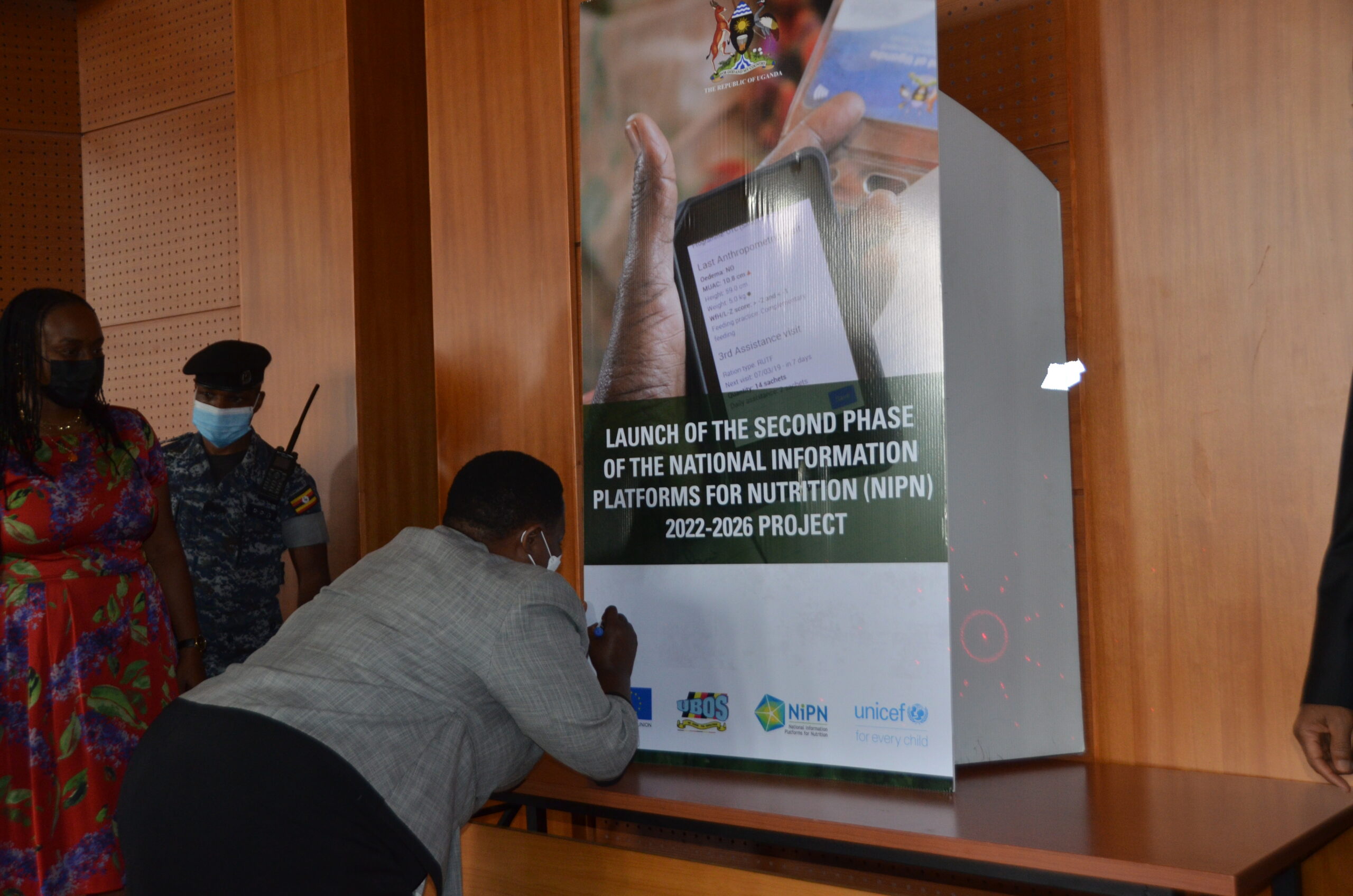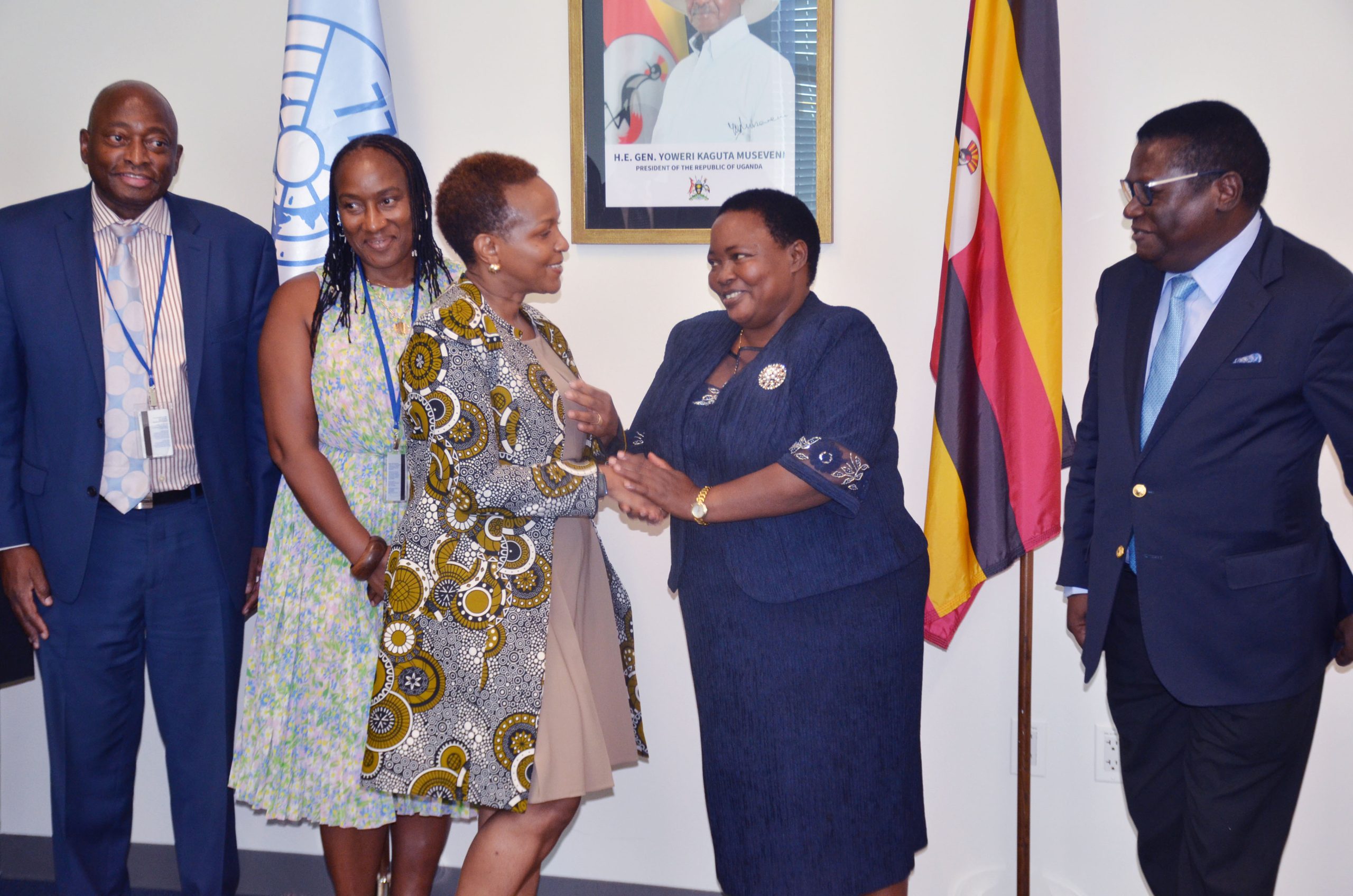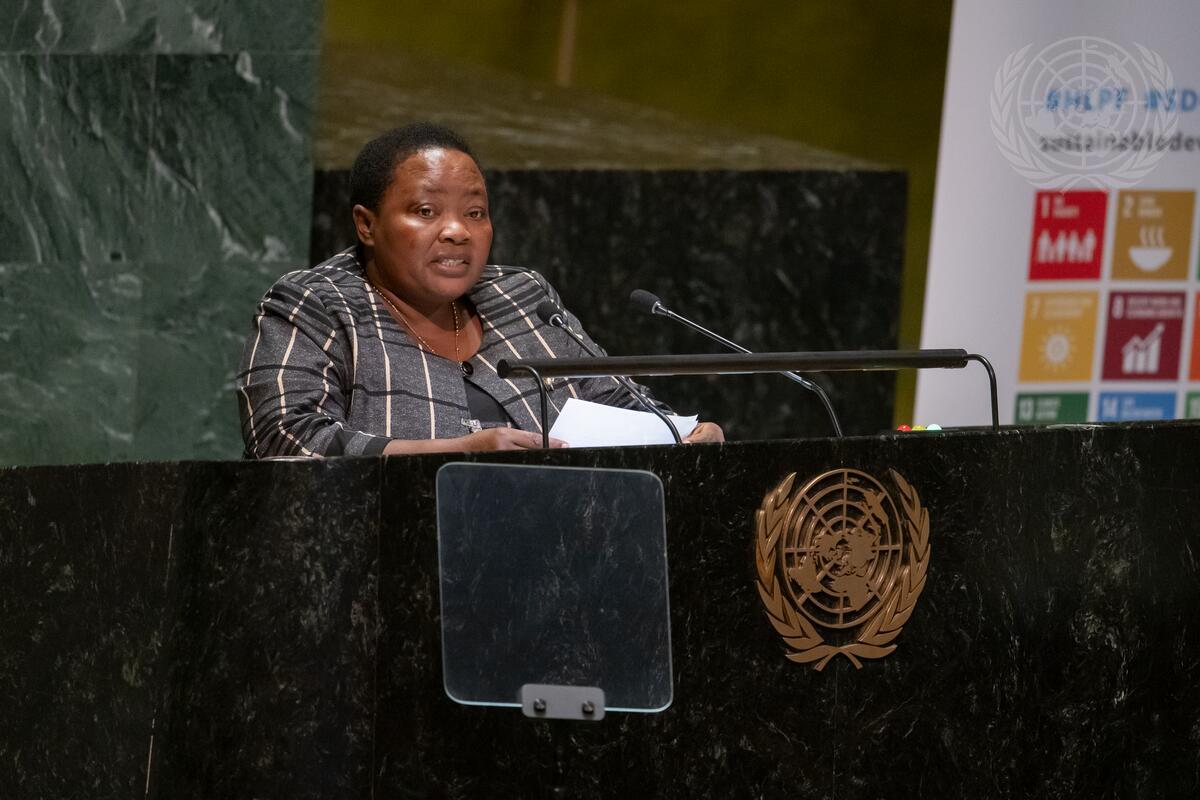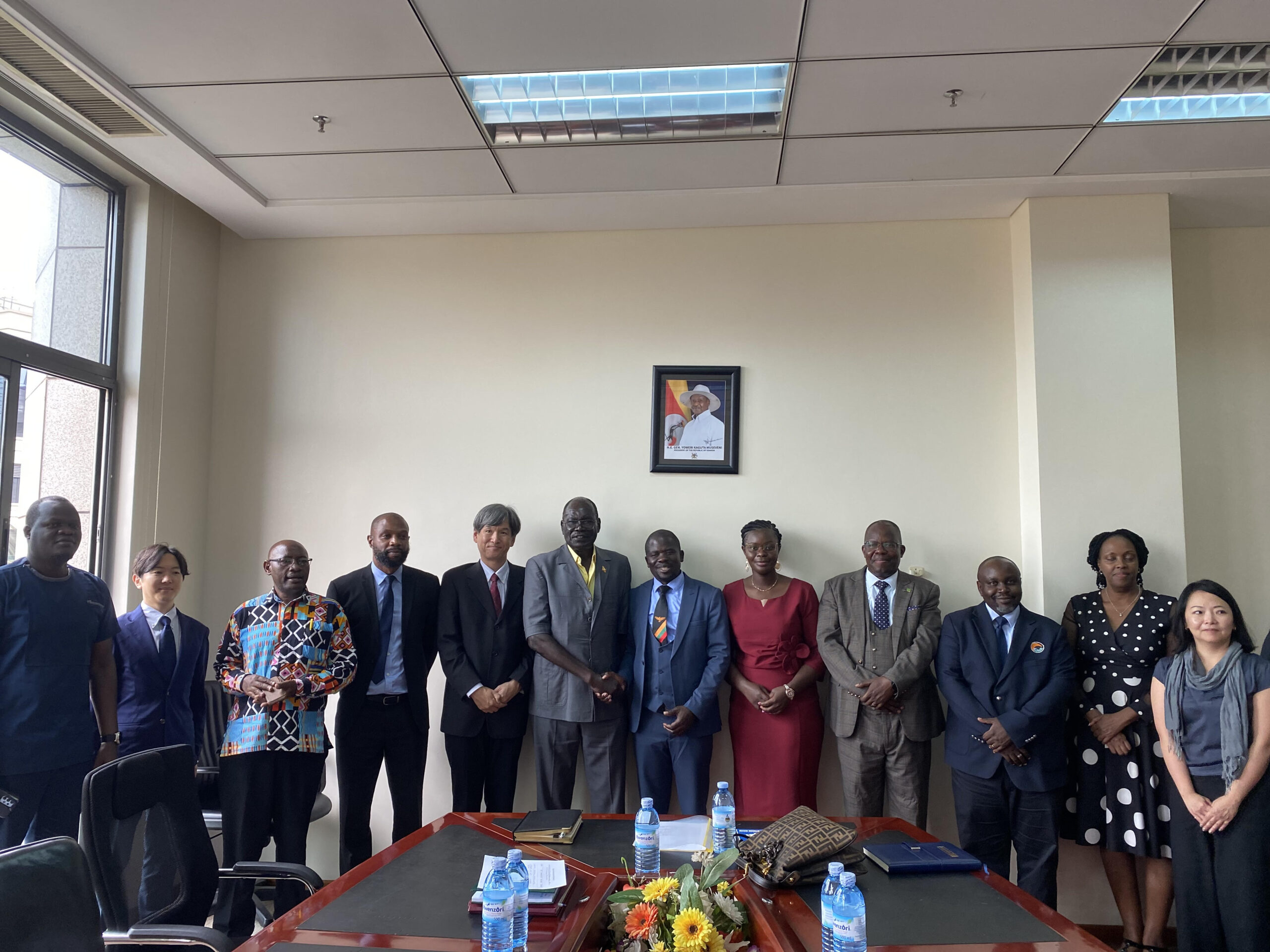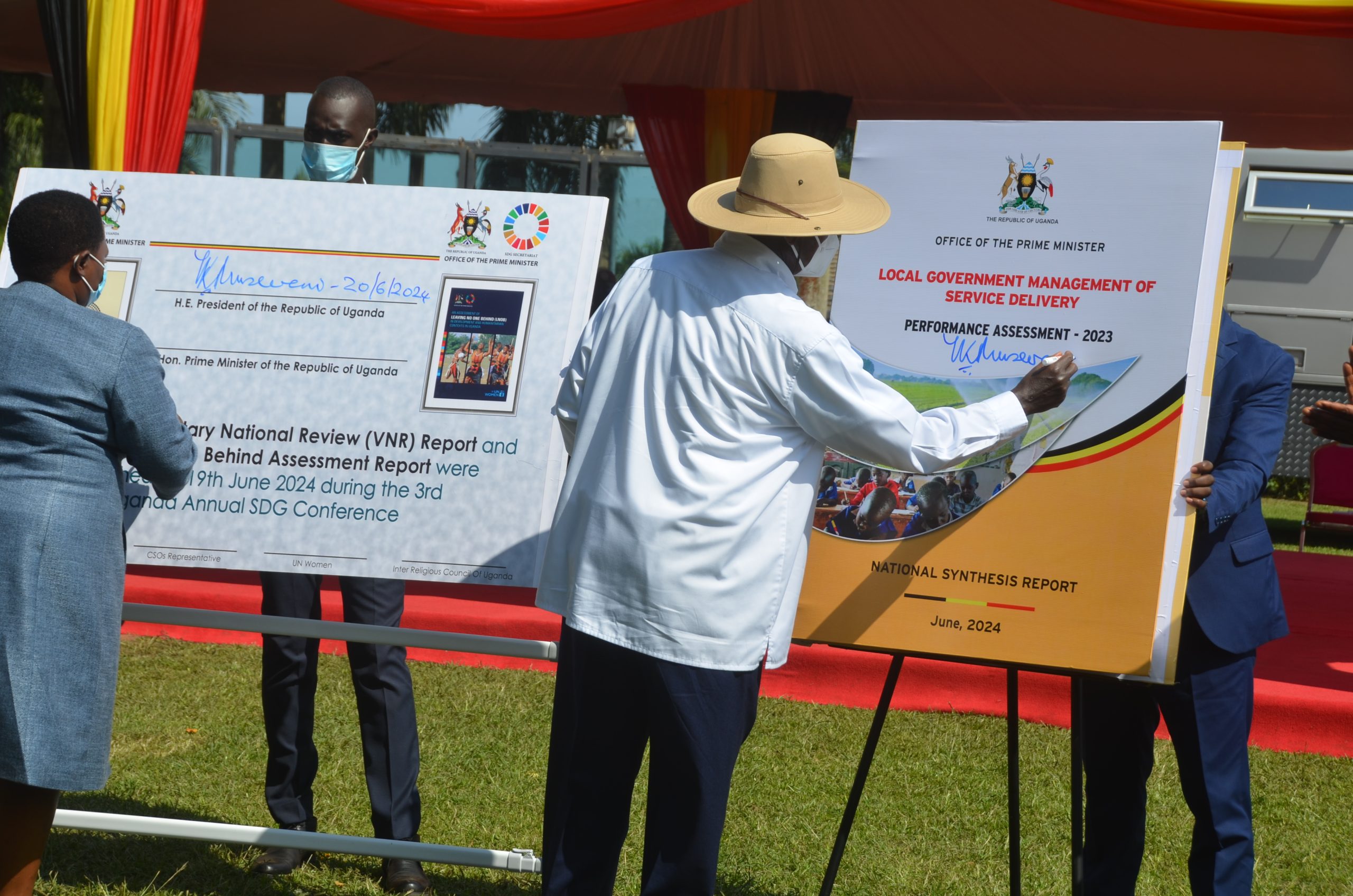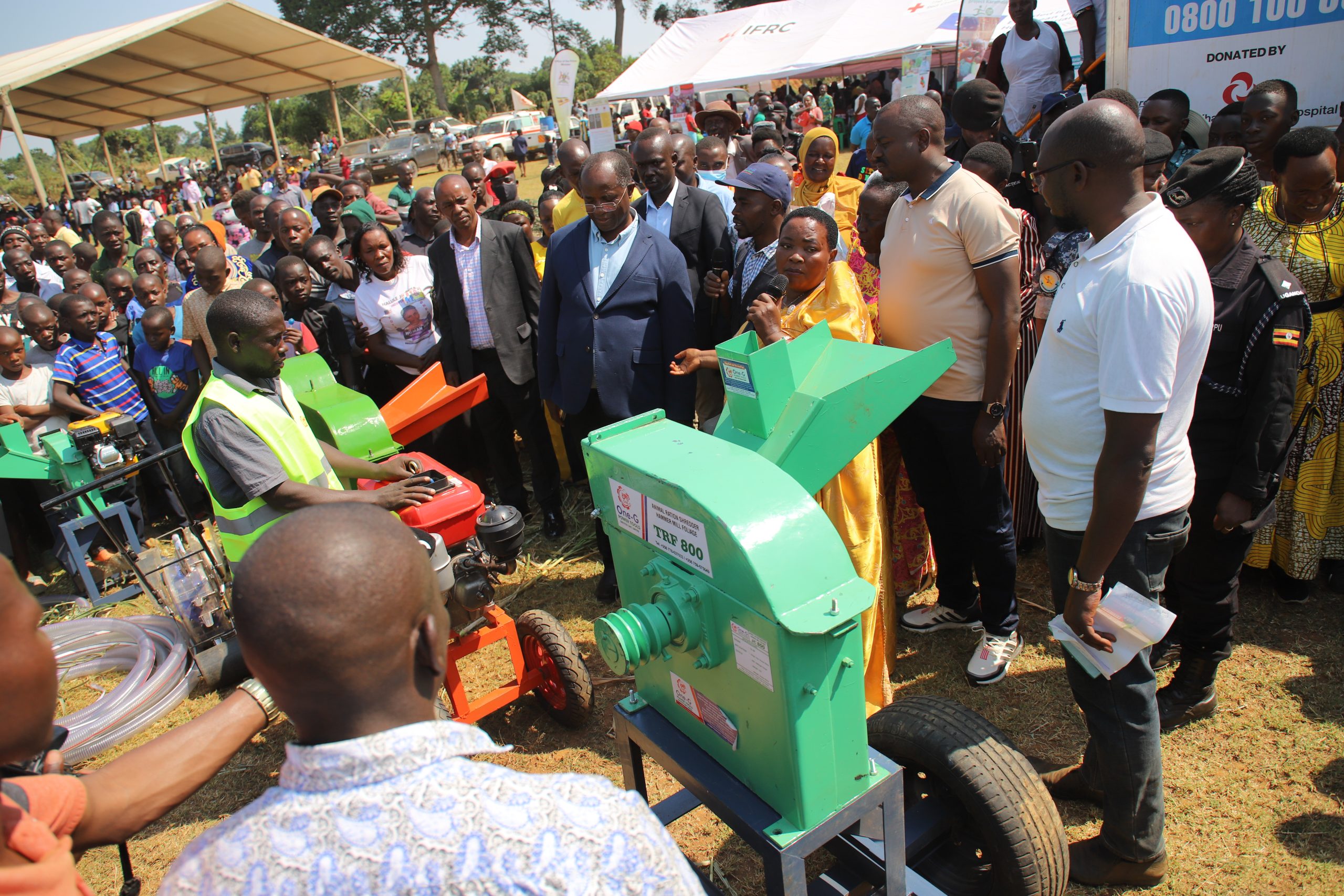By: Ismael Kasooha
The Prime Minister of Uganda Rt. Hon. Nabbanja Robinah has launched a 48 months’ National information platforms for nutrition (NIPN phase 11) project to address under nutrition and all forms of malnutrition in the country.
The project shall be implemented under the Office of the Prime Minister (OPM).
While launching the project at OPM on Thursday, Nabbanja lauded the European Union and other partners for their effort towards addressing all forms of malnutrition in Uganda.
“Addressing the issues of nutrition and malnutrition is a critical matter for the country as we work towards ending hunger, achieving food security and promoting sustainable agriculture,” said Nabbanja.
The overall objective of the project is to contribute to the reduction of under nutrition and all forms of malnutrition in Uganda in line with SDG 2.2 and the 2030 agenda.
The over 3 million dollar project is targeting children under the age of 5, school children, adolescents, women of reproductive age, pregnant and lactating women.
Nabbanja said that a few weeks ago, the government met partners to find solutions to the urgent matter of food insecurity in Karamoja, Teso and other parts of the country.
“As you are aware, we cannot talk about nutrition without talking about food. And we cannot talk about food, without talking about agriculture,” said Nabbanja.
She expressed her happiness that the project was started to strengthen our capacity to analyze nutrition information and data to inform policy and program development, planning and implementation.
“The issue of credible data is very important, not just for nutrition, but for a number of other programmes we are undertaking as government and other development partners,” said Nabbanja.
Nabbanja said that the country struggled to get credible information when they were giving out relief cash during the lockdown and is now in the process of rolling out the Parish Development Model, and again, data is critical.
Nabbanja asked Uganda Bureau of Statistics (UBOS) to improve in this area of collecting relevant data to inform better decision making.
“Some good work has been done in the first phase of the project, but it was certainly not enough. The gaps that were identified in that phase should be addressed not to spill into phase two,” said Nabbanja.
The Premier said that government would like to see this project coming out with policy advice and briefs to enable Government and partners make decisions on nutrition issues.
“I would also like to see greater visibility of the achievements of this project. The public must know what you are doing.
Nabbanja lauded Development Partners more especially European Union for the support in this intervention.
“I thank the European Union for funding this initiative. As a country, we are indeed grateful and proud to have been selected as one of the beneficiary countries,” said Nabbanja.
Nabbanja implored all stakeholders to ensure that they work together to achieve the results prioritized during this phase.
Caroline Adriaensen, the Head of Cooperation, European Union Delegation in Uganda assured the country that they will continue supporting Uganda to ensure sustainable efforts in reducing all forms of malnutrition.
Caroline said that their efforts were hampered by the COVID-19 pandemic and now the Russian-Ukrainian war.
She asked the project implementers to ensure that the intended beneficiaries benefit from the project so as to reduce under nutrition in Uganda.
The launch was among others attended by Ministers, Members of Parliament, Heads of Government agencies, District representatives and other partners.
End
